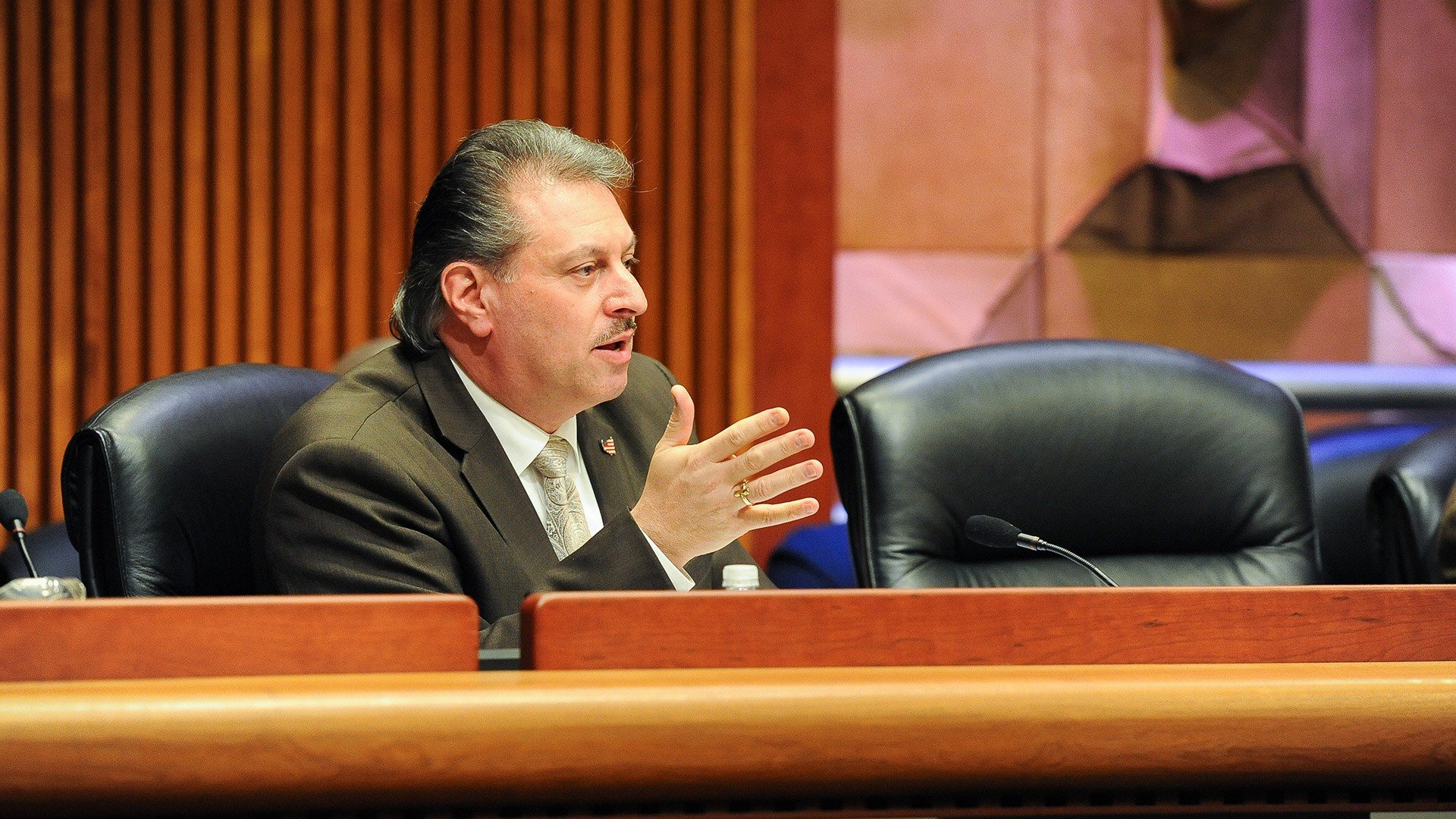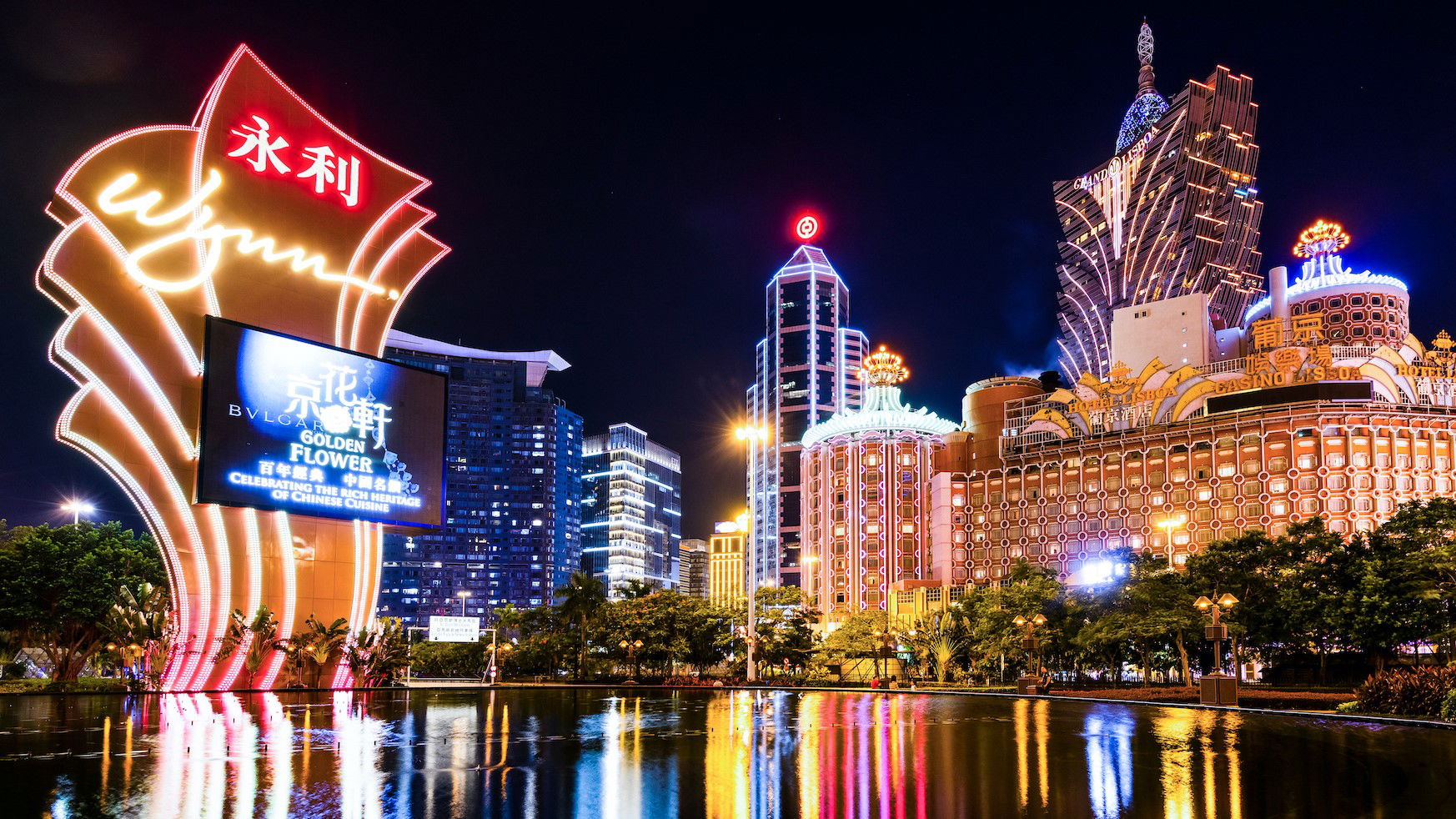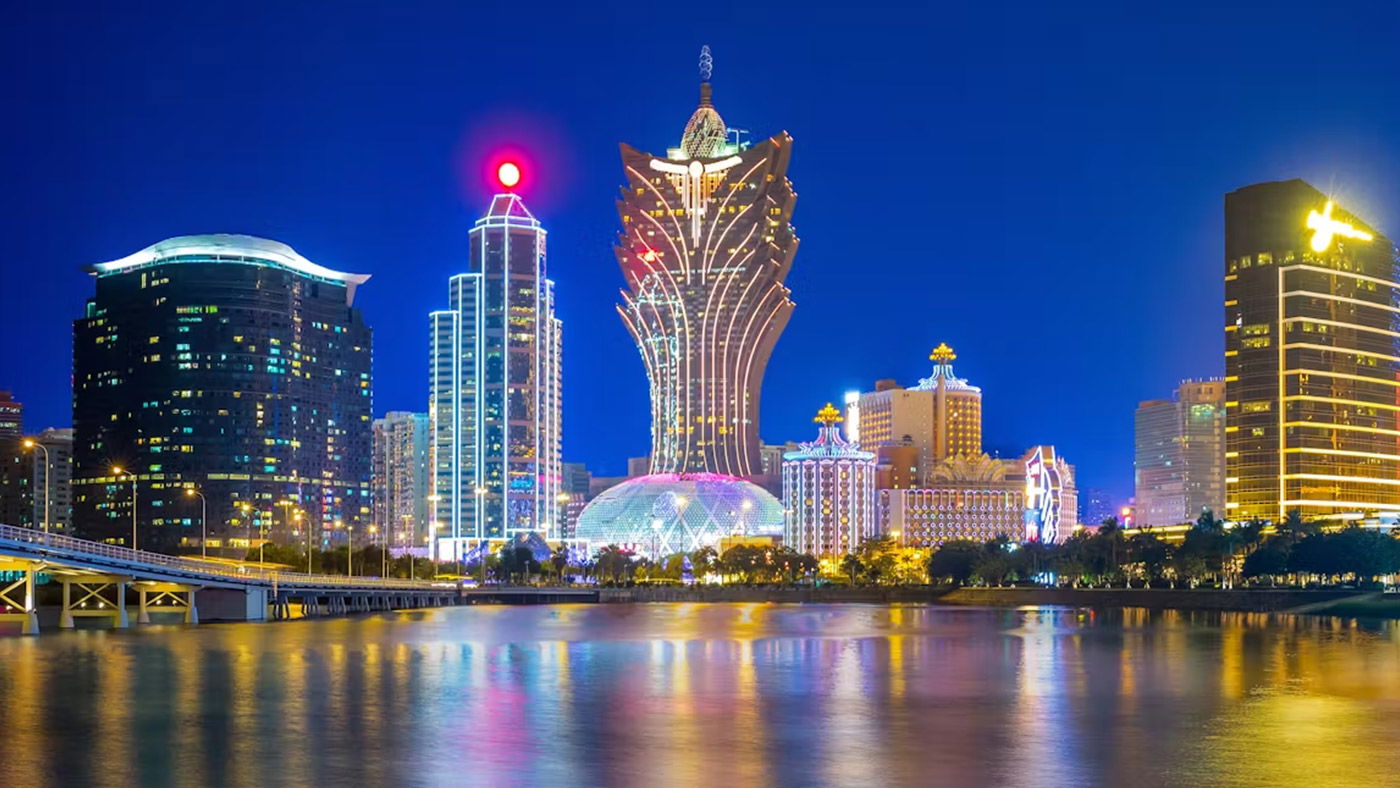Myanmar attempts to welcome casinos

After a meeting with vice president U Henry Van Thio in the capital of Myanmar Nay Pyi Taw last month, chief ministers from Mandalay, Tanintharyi, Shan, Kayin and Mon expressed their desire to see the central government amending the law to allow hotels in popular tourist destinations to have casinos. The proposal is strongly supported by U Yan Win, chairman of Myanmar Tourism Federation, who sees in casinos a tool to increase tourism. However, strict regulations to prevent Myanmar’s citizens from entering are also being considered.
“The vice president didn’t response yet, but it may happen later on,” the tourism federation chief declared.
During the meeting, Henry Van Thio, who is the chair of the central committee for the development of the national tourism industry, raised other issues relating to the sale of alcohol, a tourism tax, special visas for tourists and establishing an e-tourism working group. The chief ministers claimed that most ASEAN nations allow casinos, but the big exception is neighbouring Thailand. Their argument focused on how casinos generate huge revenue for ASEAN countries that license them.
However, according to Myanmar’s 1986 Gambling Law, casino gambling remains banned even in areas in Tanintharyi Region and Shan State where there are flourishing casinos.
Hotels in Tachilek, Myawady, Thahtay Kyu in Tanintharyi Region and Kawthaung, as well as Mong La Region in Shan State all have casinos that are technically illegal. These areas are located close to the Chinese border towns in Yunnan province and Mae Sai, the border town of Thailand. Tachilek, the town facing Mae Sai on the border with Thailand is famous for its casinos that attract mainly Chinese tourists.
U Yan Win said that revisions to the law were under review and that could eventually make them legal. He noted that tourism from European countries was down between 10 and 15%, but Asian markets, including Japan, China and South Korea, had seen increases of around 20%.
“Casinos usually cater to high-end markets, mostly travellers from Taiwan, Japan and Thailand, rather than European and Western countries. If they open up casino gambling in hotels, the income from tourists would increase. But they should systematically restrict local people from entering casinos,” he added.
He argued that the positive outshone the negatives although his view would be challenged by those who blame casinos for an increase in crime and prostitution and a negative impact on local culture and communities.

















































